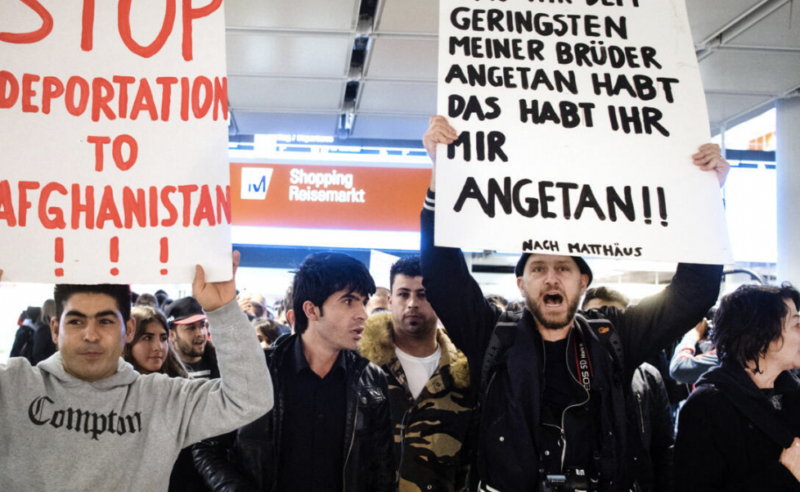Germany’s latest crime report paints a grim picture, particularly in Berlin, where violent offenses—especially homicides—have skyrocketed. Foreign nationals, despite making up a smaller share of the population, continue to be significantly overrepresented in crime statistics.
Berlin saw a total of 539,049 reported crimes in 2024, marking a slight increase from the previous year. Alarmingly, murders and manslaughter cases spiked by over 50%, jumping from 77 in 2023 to 117. Assaults and break-ins also rose, though theft, knife attacks, and drug offenses slightly declined. Meanwhile, the city’s crime clearance rate remains low at just 45.5%, unchanged from the previous year.
Foreign nationals, excluding immigration-related offenses, accounted for 43.9% of all crimes, a figure that continues to climb. Berlin police union spokesman Benjamin Jendro called these numbers a “warning signal,” noting that 30% of foreign suspects weren’t even registered in Berlin, indicating a surge in transient criminals exploiting free movement across Europe.
“We’re seeing well-organized criminal networks from across the EU,” Jendro warned. “It cannot be that Poles, Bulgarians, Serbs—whoever—come to Germany, commit crimes, and vanish without a trace.”
Another worrying trend: youth gang violence jumped 17.2%, with nearly one in five suspects under 21. Disturbingly, 5,000 offenders were under the age of 14. Jendro noted that Berlin had previously managed to curb youth crime, but “we’re now seeing a resurgence, particularly in violent robberies and assaults.”
Police officers are also facing greater risks. Violent crimes against police soared by 10.2%, with over 10,500 officers assaulted in 2024 alone.
The crime wave isn’t limited to Berlin. In Frankfurt, while overall crime dipped slightly, 57.2% of offenses were still committed by foreigners. Worse, homicides and manslaughter cases doubled, reaching a 10-year high. Assaults also surged by 1,000 additional cases.
As Germany grapples with these troubling trends, calls are growing for stricter law enforcement and tougher border controls. But with political leaders hesitant to address the deeper issues, many fear the problem will only get worse.




